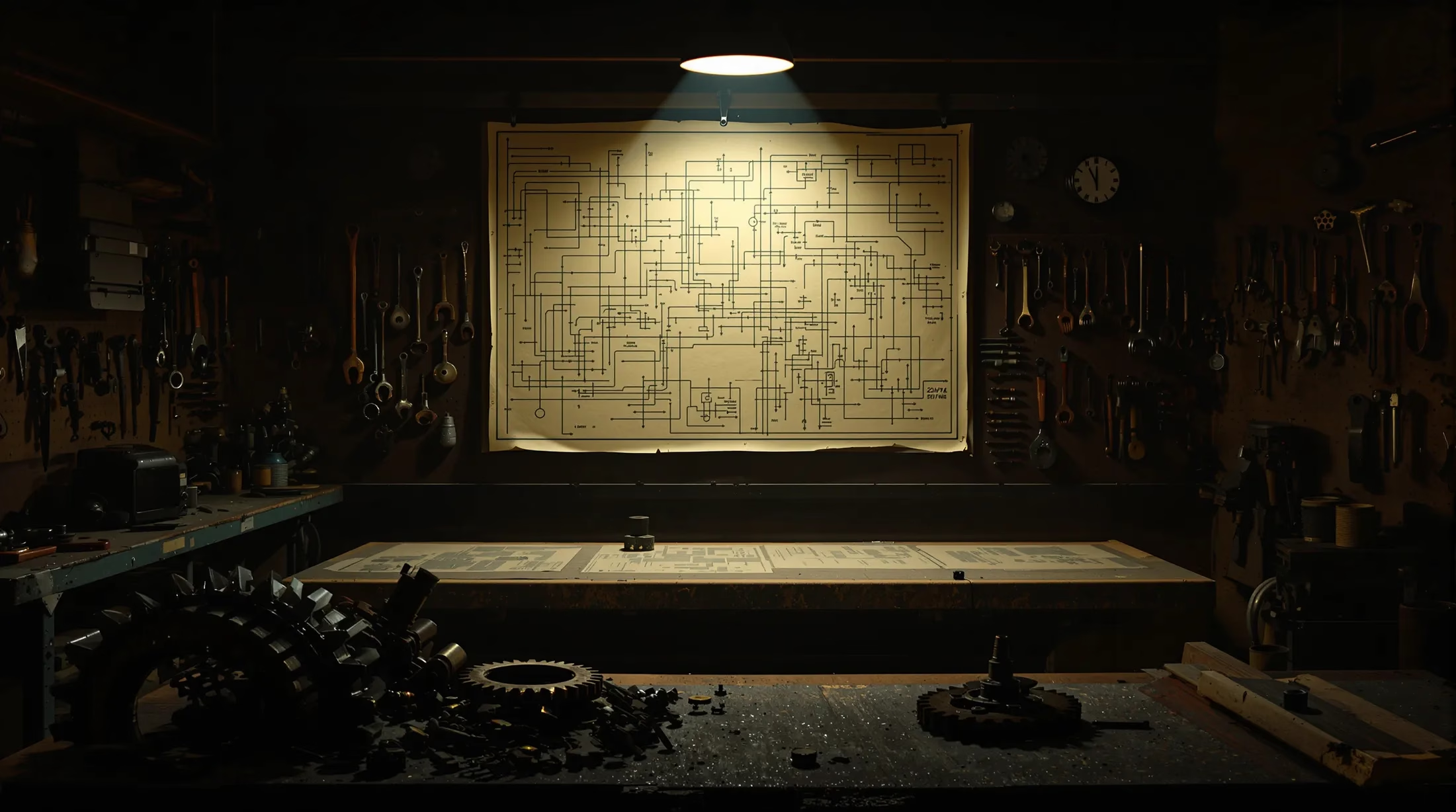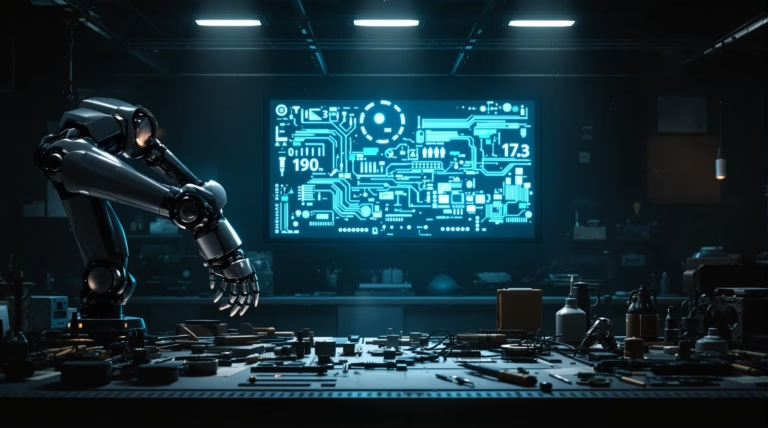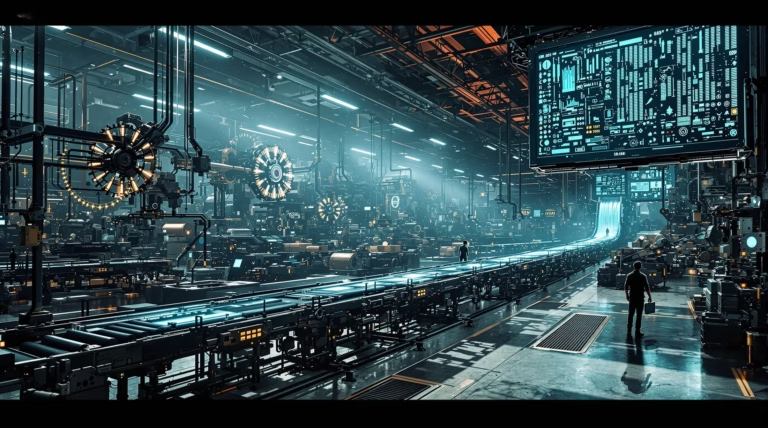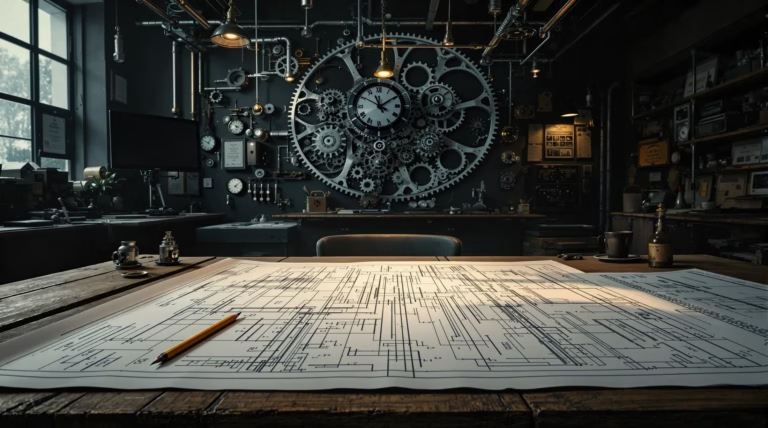Maintenance Manager: Key Responsibilities and Career Insights
Looking to understand the vital role of a Maintenance Manager in today’s complex operational landscape? This comprehensive guide explores the responsibilities, essential skills, and career prospects in maintenance management, helping you grasp what it takes to excel in this dynamic profession.
Understanding the Role of a Maintenance Manager
Maintenance Managers serve as the backbone of organizational operations across various industries. These professionals oversee maintenance departments in businesses, factories, residential buildings, and other facilities, ensuring optimal operational efficiency. Their expertise combines technical maintenance knowledge with strategic management capabilities, making them indispensable to organizational success.
As integral members of the management team, they bridge the gap between upper management and maintenance staff, transforming organizational objectives into actionable maintenance strategies while maintaining smooth daily operations. Their impact extends beyond equipment maintenance to encompass asset longevity, operational safety, and overall business productivity.
What is a Maintenance Manager?
A Maintenance Manager directs and oversees all maintenance activities within an organization, leading teams of supervisors and technicians to ensure proper planning, efficient execution, and safe completion of maintenance work. Their scope varies by industry and organization size, from manufacturing plants focusing on equipment reliability to property management overseeing building systems.
Key Responsibilities of a Maintenance Manager
- Developing comprehensive maintenance plans aligned with organizational goals
- Implementing preventive maintenance programs
- Managing maintenance budgets and cost control
- Coordinating daily maintenance activities
- Prioritizing and managing work orders
- Overseeing equipment inspections and repairs
- Hiring and training maintenance staff
- Ensuring compliance with safety regulations
- Analyzing maintenance metrics for continuous improvement
Essential Skills for a Successful Maintenance Manager
Success in maintenance management requires a balanced combination of technical expertise and leadership capabilities. These professionals must master both facility systems operations and team management while demonstrating exceptional adaptability and problem-solving abilities under pressure.
Technical Skills Required
- Comprehensive knowledge of mechanical, electrical, and plumbing systems
- Expertise in preventive maintenance programming
- Proficiency in Computerized Maintenance Management Systems (CMMS)
- Data analysis and interpretation capabilities
- Understanding of safety protocols and regulatory compliance
- Quality control standards implementation
- Industry-specific equipment knowledge
Leadership and Management Skills
- Strategic team building and development
- Clear communication across organizational levels
- Effective delegation and resource allocation
- Budget management and optimization
- Decision-making under pressure
- Conflict resolution abilities
- Change management expertise
- Emotional intelligence and relationship building
Career Path and Advancement Opportunities
Maintenance Managers benefit from diverse career advancement opportunities across multiple sectors. Their progression combines technical expertise with management capabilities, leading to strategic positions with increased operational oversight and higher compensation. Organizations particularly value these professionals for their ability to enhance operational efficiency, maintain regulatory compliance, and optimize resource utilization.
Success in career advancement typically correlates with delivering measurable improvements while managing larger teams and budgets. Top performers often develop specialized expertise in:
- Reliability engineering
- Asset management
- Sustainability initiatives
- Operational excellence
- Strategic planning
Typical Career Progression
| Career Level | Responsibilities |
|---|---|
| Entry Level | Maintenance Technician or Specialist roles, focusing on hands-on technical work |
| Mid-Level | Supervisor positions, managing small teams and specific facility areas |
| Senior Level | Maintenance Manager overseeing entire facilities or multiple sites |
| Executive Level | Director of Maintenance, Facilities Director, or Operations VP roles |
Opportunities for Growth in Maintenance Management
Beyond traditional advancement paths, maintenance professionals can pursue specialized roles in:
- Reliability Engineering
- Energy Management
- Continuous Improvement
- Asset Management Direction
- Operational Excellence Leadership
- Healthcare Facilities Management
- Data Center Operations
- Renewable Energy Infrastructure
Professional development through advanced certifications enhances career prospects significantly. Key credentials include:
- Certified Maintenance Manager (CMM)
- Certified Reliability Leader (CRL)
- Project Management Professional (PMP)
- Advanced degrees in Engineering Management
- MBA with Operations focus
Challenges Faced by Maintenance Managers
Maintenance Managers must balance immediate repair demands with long-term preventive strategies while operating under resource constraints. They face the ongoing challenge of minimizing downtime while maximizing equipment lifespan, requiring both technical expertise and strategic thinking to achieve optimal results.
Common Obstacles in Maintenance Management
- Resource limitations despite expanding asset portfolios
- Aging infrastructure requiring specialized attention
- Skills gap from retiring experienced technicians
- Poor data quality and availability
- Complex IoT integration requirements
- Increasing regulatory compliance demands
- Budget constraints for new technology adoption
- Difficulty in demonstrating ROI to stakeholders
Strategies to Overcome Challenges
Forward-thinking Maintenance Managers are implementing strategic approaches to address persistent industry challenges. The fundamental shift from reactive to preventive maintenance significantly reduces emergency repairs while extending equipment lifespans. While this approach requires initial investment in planning and documentation, it delivers substantial long-term benefits in:
- Operational stability enhancement
- Cost reduction through planned maintenance
- Equipment longevity improvement
- Resource optimization
- Downtime minimization
Leading managers enhance their preventive strategy with advanced predictive maintenance technologies, incorporating:
- Machine learning algorithms
- Artificial intelligence systems
- Smart sensor networks
- Predictive analytics tools
- Real-time monitoring solutions
| Data Quality Strategy | Implementation Approach |
|---|---|
| Data Governance | Establishing comprehensive programs for information accuracy and completeness |
| IoT Integration | Simplifying connectivity scenarios with focus on security and interoperability |
| System Integration | Implementing powerful platforms with pre-built connectors |
| Training Programs | Developing specialized courses for IoT sensor data interpretation |
Through systematic implementation of these strategies, Maintenance Managers transform their departments from cost centers into value-creating assets within their organizations, leveraging modern maintenance technologies to their full potential.







